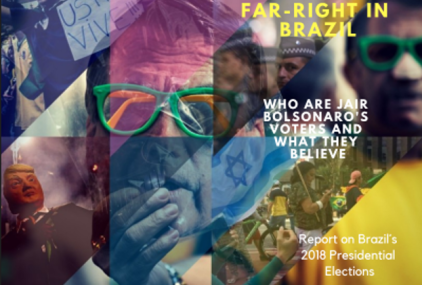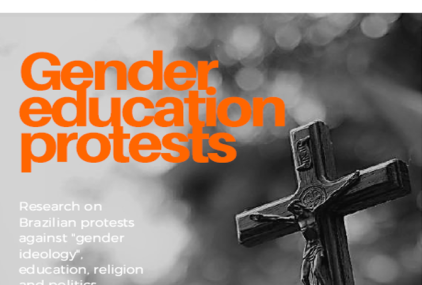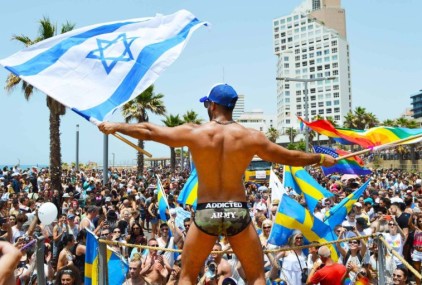The Personhood Movement: Where it came from and where it stands today
This article was originally published in ProPublica. A pro-life license plate on a car in Montgomery, Ala. (William Widmer, special to ProPublica) 1973 U.S. Supreme Court
Brazilian presidential election: a perfect catastrophe?
By Sonia Corrêa Time to mourn Politics is both reasoning and affect. This is how the first version of this essay, written in the immediate aftermath

Gender and Politics in Latin America
Since January 2018, SPW has been developing a research and action initiative on antigender politics in Latin America: the project Género y Política en América

Bolsonaro’s Brazil
The teratology of the contemporary political imagination – plentiful enough: Trump, Le Pen, Salvini, Orbán, Kaczyński, ogres galore – has acquired a new monster. Rising above

Brazil: setbacks in the wake of 2019’s new administration
SPW has compiled news, articles and assessments on the first two months of Brazilian far-right new administration and its setbacks and worrying moves, in various fronts such as Education, Foreign Affairs, Health, Human Rights and corruption scandals.

Religious Conservatism on the Global Stage: Threats and Challenges for LGBTI Rights
Researchers: María Angélica Peñas Defago, José Manuel Morán Faúndes, Juan Marco Vaggione Guest Experts: Gordan Bosanac, Kapya Kaoma Research Assistance: Violeta Cánaves Download the report
Who are Jair Bolsonaro’s voters and what they believe
SPW gladly presents the ethnographic research work of Isabela Oliveira Kalil and her team at FESPSP on Bolsonaro and his different types of supporters. These
Gender education protests: Dossier Urban Controversies #1
Download FESPSP’s Núcleo de Etnografia Urbana magazine – Center for Urban Ethnography Vol.1 Issue Dec. 2017 Gender education protests

Hungary ban on Gender Studies: a compilation of protest letters
Statement of the German Sociological Association We are not an empty line – Statement from the University of Gothenburg faculty Statement from ELTE CEU Reiterates
Pinkwashing: The promised land beyond the rainbow
Text by Berenice Bento (UnB) published at Outras Palavras, on Dec. 12, 2018. Translated by SPW. Available here. At first glance, nothing seems stranger to





